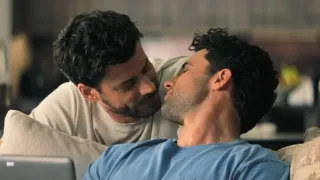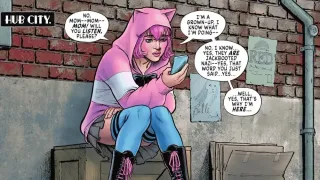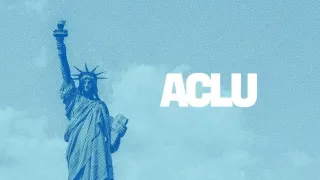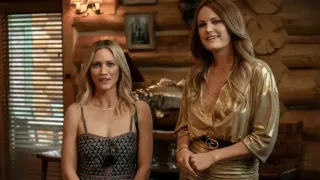March 4, 2014
Washington Nuke Waste Tanks Flawed?
Michael Cox READ TIME: 3 MIN.
WASHINGTON (AP) — Venus Williams wanted to send a message — to herself and to others — about coming back from a long layoff, about competing in a sport at age 45, about never giving up. Yes, there was something special about just being back on a tennis court Tuesday night.
There also was this: She really, really wanted to win.
And Williams did just that, becoming the second-oldest woman to win a tour-level singles match in professional tennis, delivering some of her familiar big serves and groundstrokes at age 45 while beating Peyton Stearns — 22 years her junior — by a 6-3, 6-4 score at the DC Open.
“Each week that I was training, I was, like, ‘Oh, my God, I don’t know if I’m good enough yet.’ And then there would be weeks where I would leap forward. And there would be two weeks where I was, like, ‘Oh, God, it’s not happening.’ Even the week leading up, (I thought), ‘Oh, my gosh, I need to improve so much more.’ So it’s all a head game,” Williams said after her first singles match in more than a year and first singles victory in nearly two.
Navratilova is the only woman older than Williams to win a singles match
The only older woman to win a tour-level singles match was Martina Navratilova, whose last triumph came at 47 in 2004.
The former No. 1-ranked Williams had not played singles in an official match since March 2024 in Miami, missing time while having surgery to remove uterine fibroids. She hadn't won in singles since August 2023 in Cincinnati. Until this week, she was listed by the WTA Tour as “inactive.”
“I’m just constantly praying for good health, so that way I could have an opportunity to play with good health,” Williams said. “A lot of this for me is being able to come back and try to play at a level (and) to play healthy.”
Venus Williams won four Grand Slam titles before Peyton Stearns was born
Backed by a crowd that clearly was there to see, and support, her at the hard-court tournament in the nation's capital, Williams showed glimpses of the talent she possesses and the skills she displayed while earning all of her Grand Slam titles: seven in singles, 14 in women’s doubles — all alongside younger sister Serena — and two in mixed doubles.
“I wanted to play a good match,” Williams told the fans, then added a phrase that drew appreciative roars: “and win the match.”
In Tuesday's second game, Williams smacked a return winner to get things started, then delivered a couple of other big responses to break Stearns, a 23-year-old who won singles and team NCAA titles at the University of Texas and is currently ranked 35th.
In the next game, Williams sprinted forward to reach a drop shot and replied with a forehand winner.
The first chorus of cheers arrived when Williams walked out into the main stadium at the DC Open, a 7,000-seat arena that's more than twice as large as where she was for her doubles victory a day earlier. Another came when she strode from the sideline to the center of the court for the coin toss. The noise reached a crescendo when Williams began hitting aces — at 110 mph and faster — the way she used to.
Keep in mind: Williams won four Grand Slam trophies before Stearns was born.
Venus Williams hit big serves and groundstrokes just like she always did
“She played some ball tonight,” Stearns said. “She was moving really well, which I wasn’t expecting too much, honestly. Her serves were just on fire.”
There also were moments where Williams — whose fiance was in the stands — looked as if it had been just as long as it actually has since she competed, including in the opening game, when she got broken at love this way: forehand wide, forehand into the net, forehand long, backhand long.
At the end, it took Williams a bit of extra effort to close things out. She kept holding match points and kept failing to convert them. But eventually, on her sixth chance, Williams powered in a 112 mph serve that Stearns returned into the net. That was it: Williams smiled wide as can be, raised a fist and jogged to the net to shake hands, then performed her customary post-win pirouette-and-wave.
“It's not easy. It won’t be easy. It’s not easy for anyone out here,” said Williams, who next faces No. 5 seed Magdalena Frech, who's 27. “So I know I’ll have to fight for every match. But I’m up for that.”
___
AP tennis: https://apnews.com/hub/tennis






